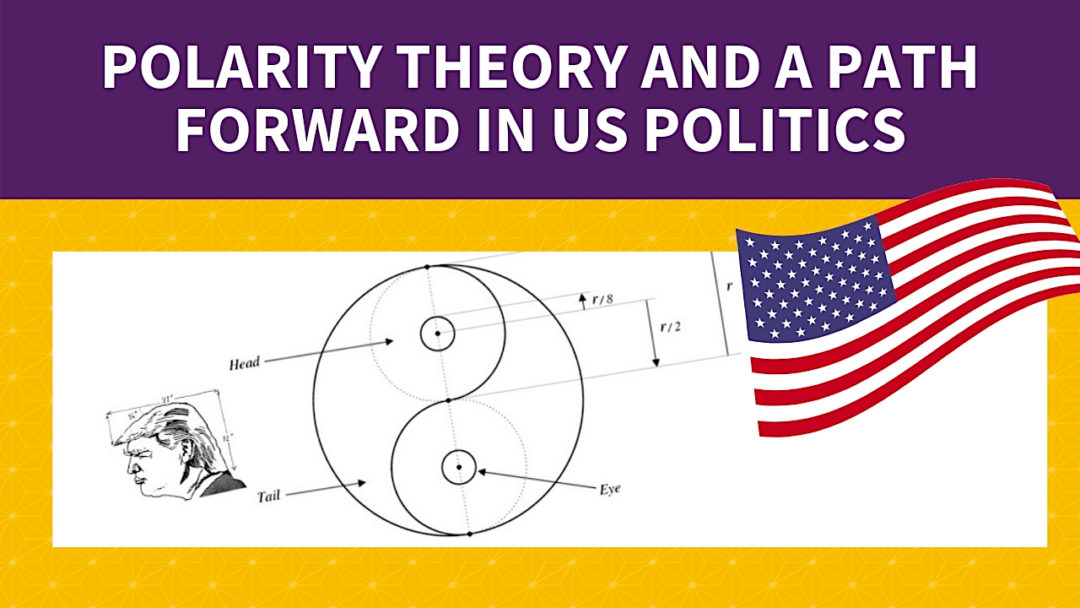Looking at the current political climate in America, Steve writes, “Polarization now extends far beyond the uncompromising logjam in the legislature. Numerous studies have shown that much of the American public is afflicted by ‘affective polarization’ wherein opposing political camps increasingly dislike, and even loathe, their opponents.”
…the Republican party has entered the throes of a historically significant meltdown which may actually solve the problem of polarization by severely crippling the right and handing political power to the left in the next election cycle. With the rise of Donald Trump, we have to ask “who really knows anything anymore?” –Steve McIntosh
The American political landscape is a big polar contest between the political left and right, and inside these polarities exist other, more refined polarities with values that tug and pull at each other—a “dialectic fractal”. Realizing that these naturally-occurring polarities exist, and that they’re meant to be there, can make the whole system friendlier and open up space for greater cooperation.
The ideas that Jeff and Steve explore in the podcast include:
- Why we should we care about political polarization
- Why centrism doesn’t work
- How Spiral Dynamics and polarity theory shed light on the challenge
- How suppressing one side of a polarity empowers its shadow
- How the upside of one pole checks the downside of the other
- The practice: increasing the scope of what we are able to value
 Send your questions and comments for the show to [email protected]. Record a voice memo on your smartphone or use the Speakpipe button to the right.
Send your questions and comments for the show to [email protected]. Record a voice memo on your smartphone or use the Speakpipe button to the right.
Podcast: Download
Subscribe: Google Podcasts | RSS






